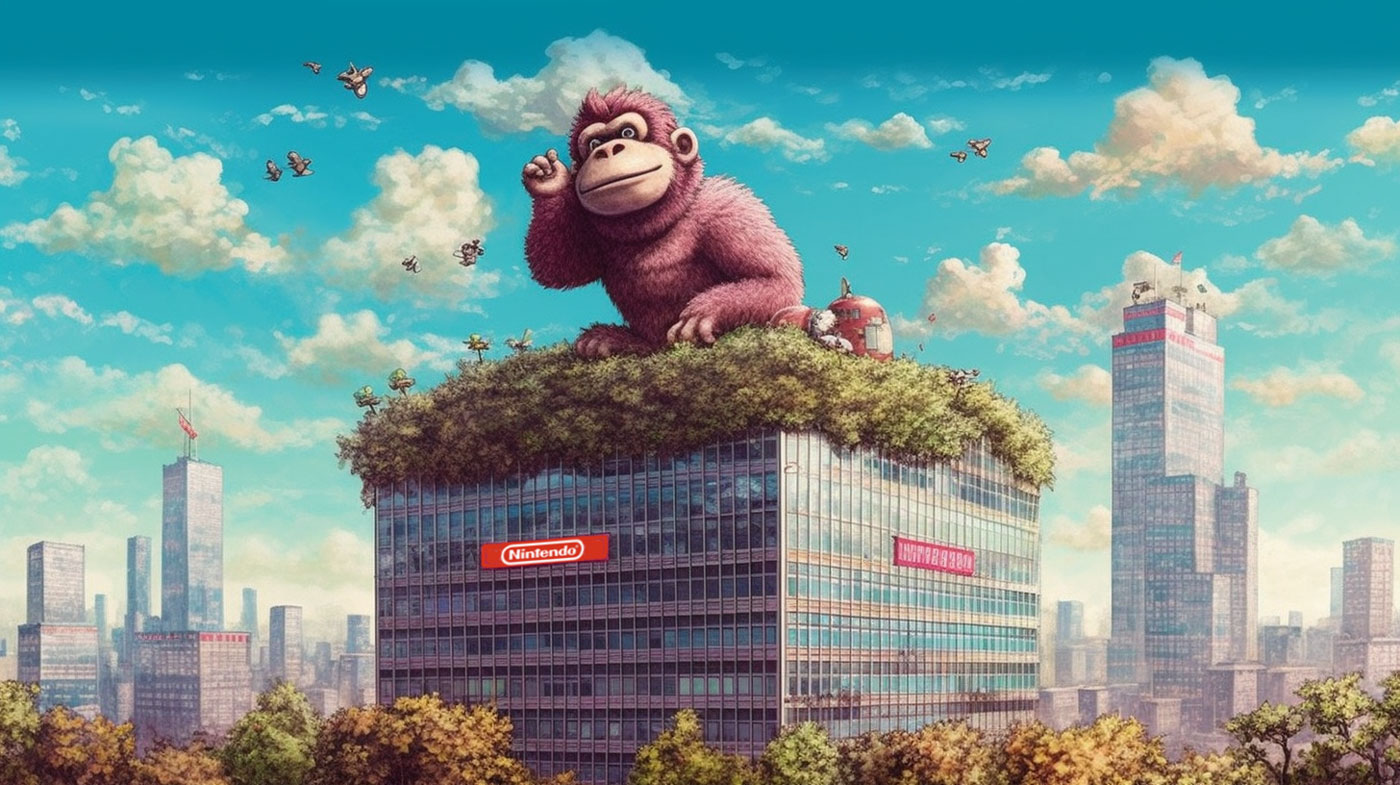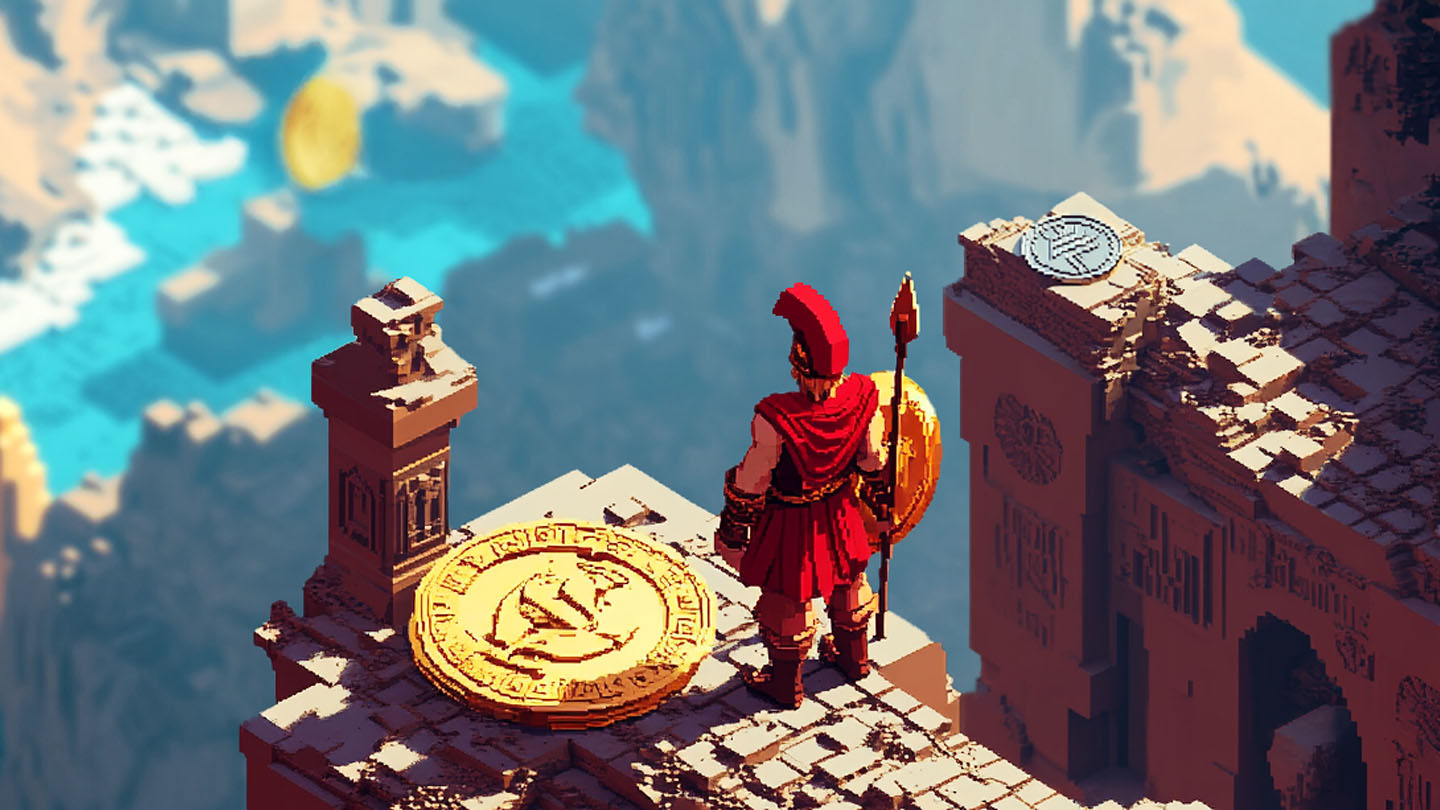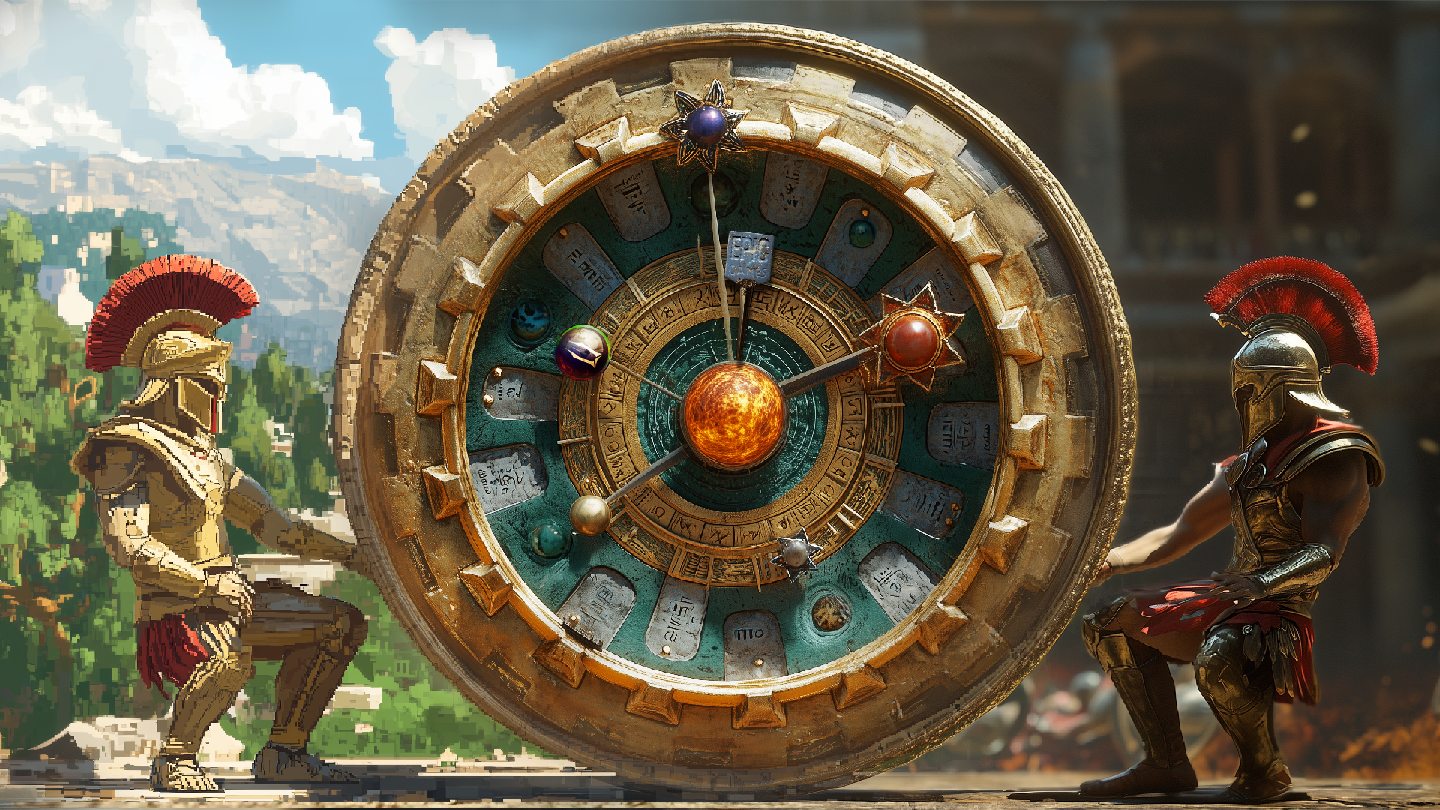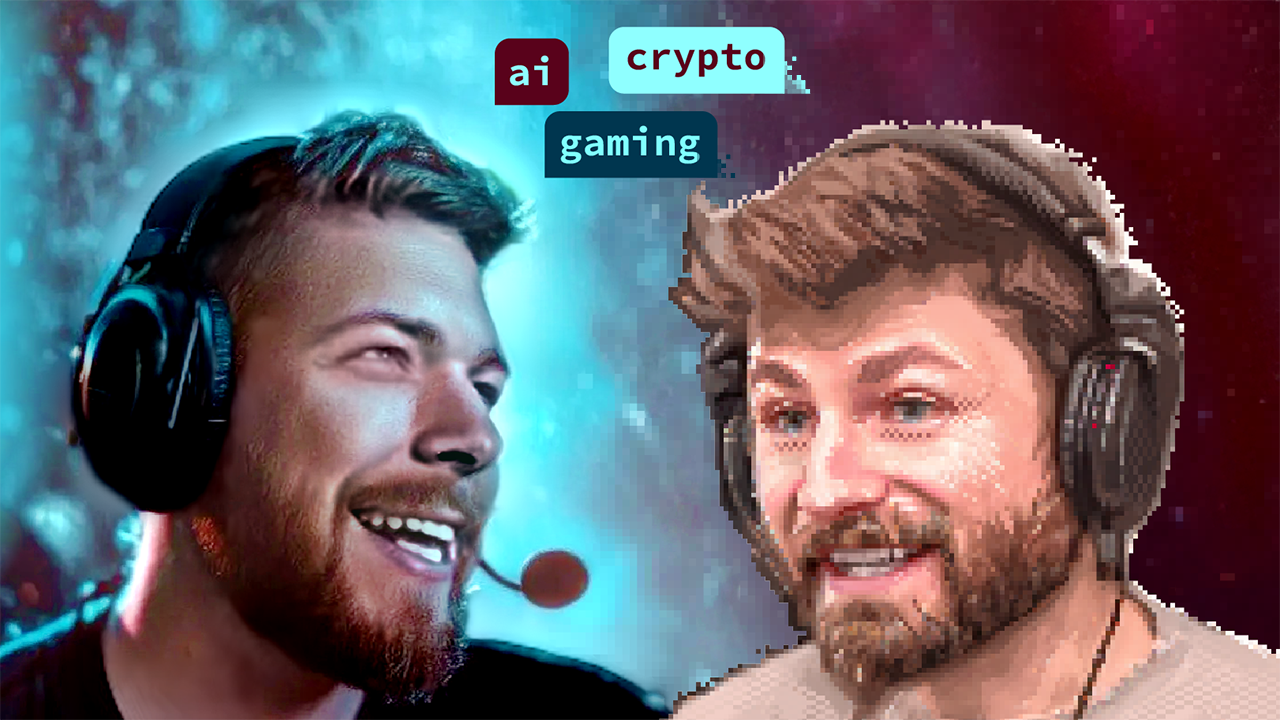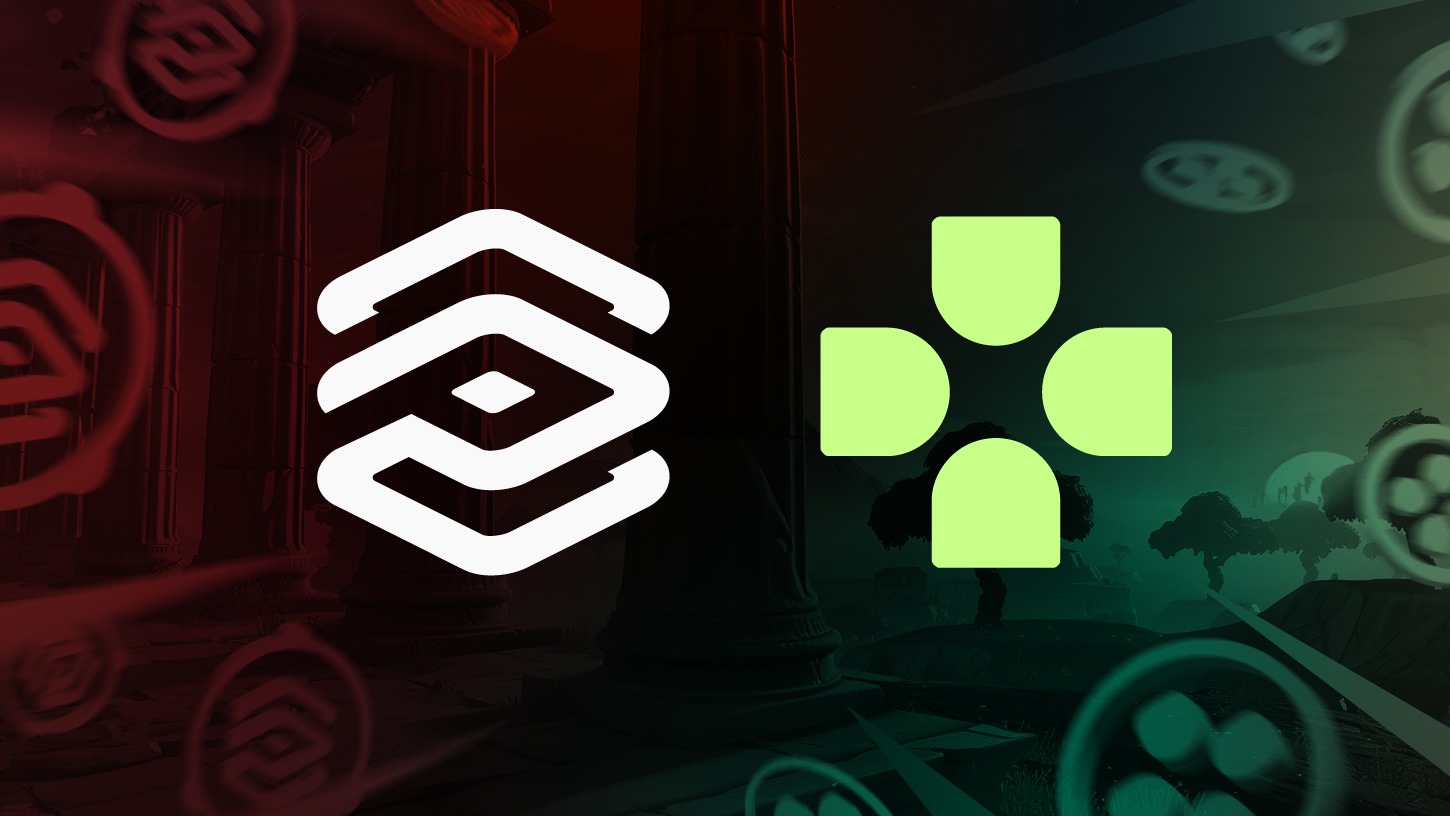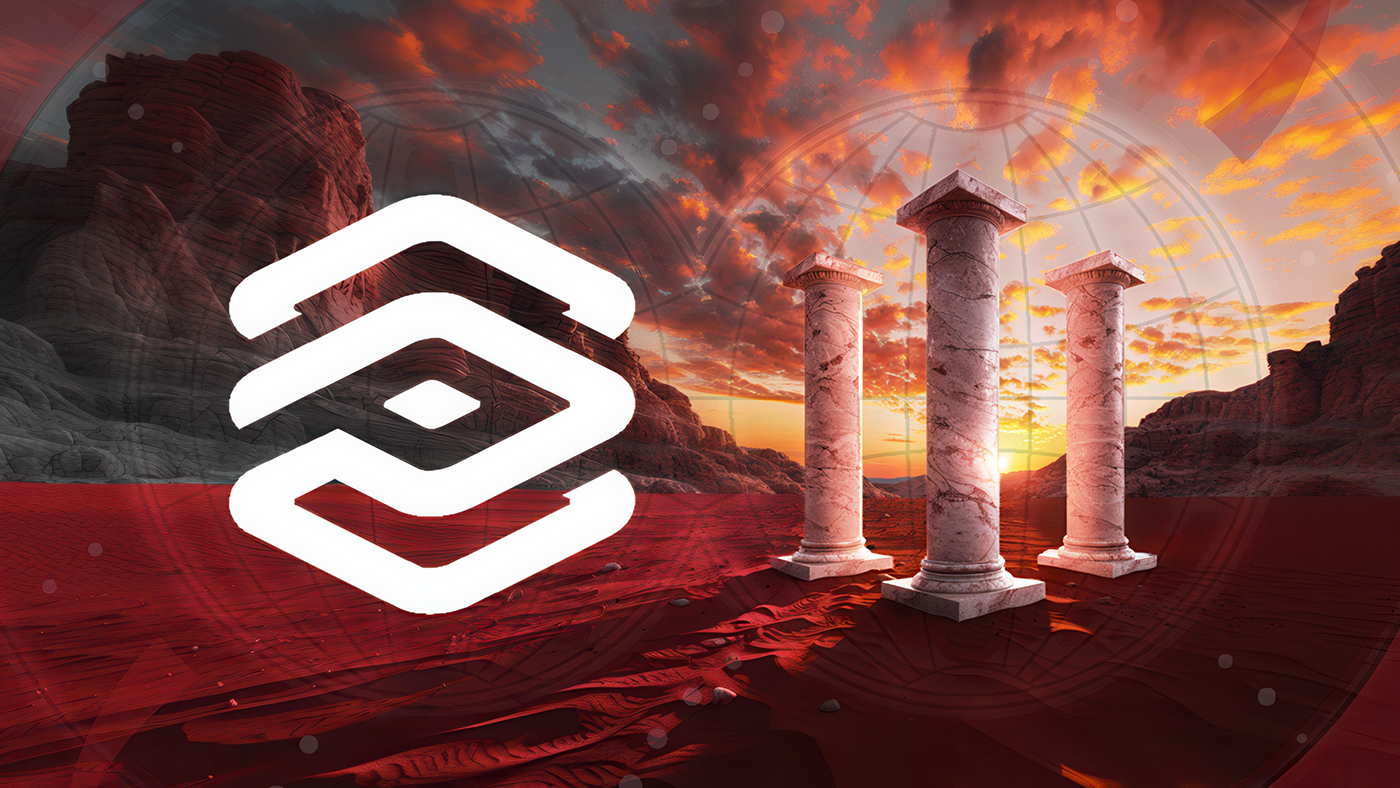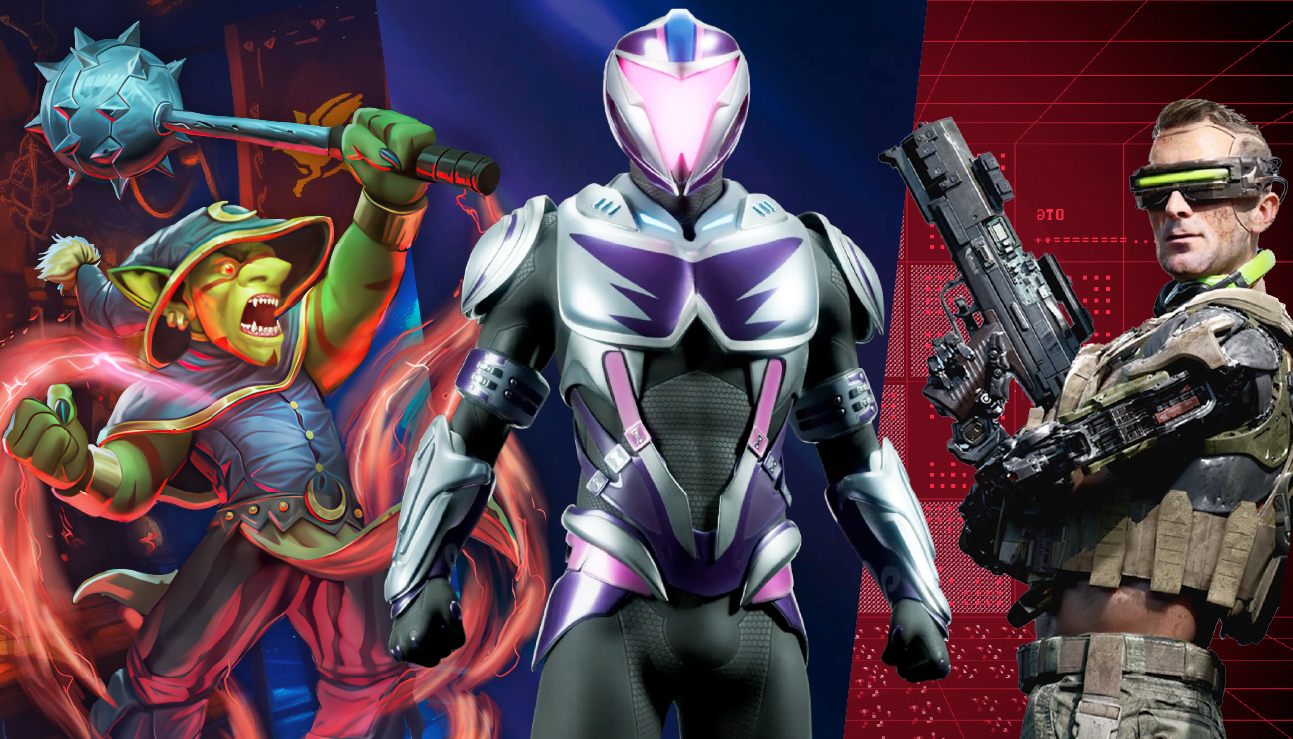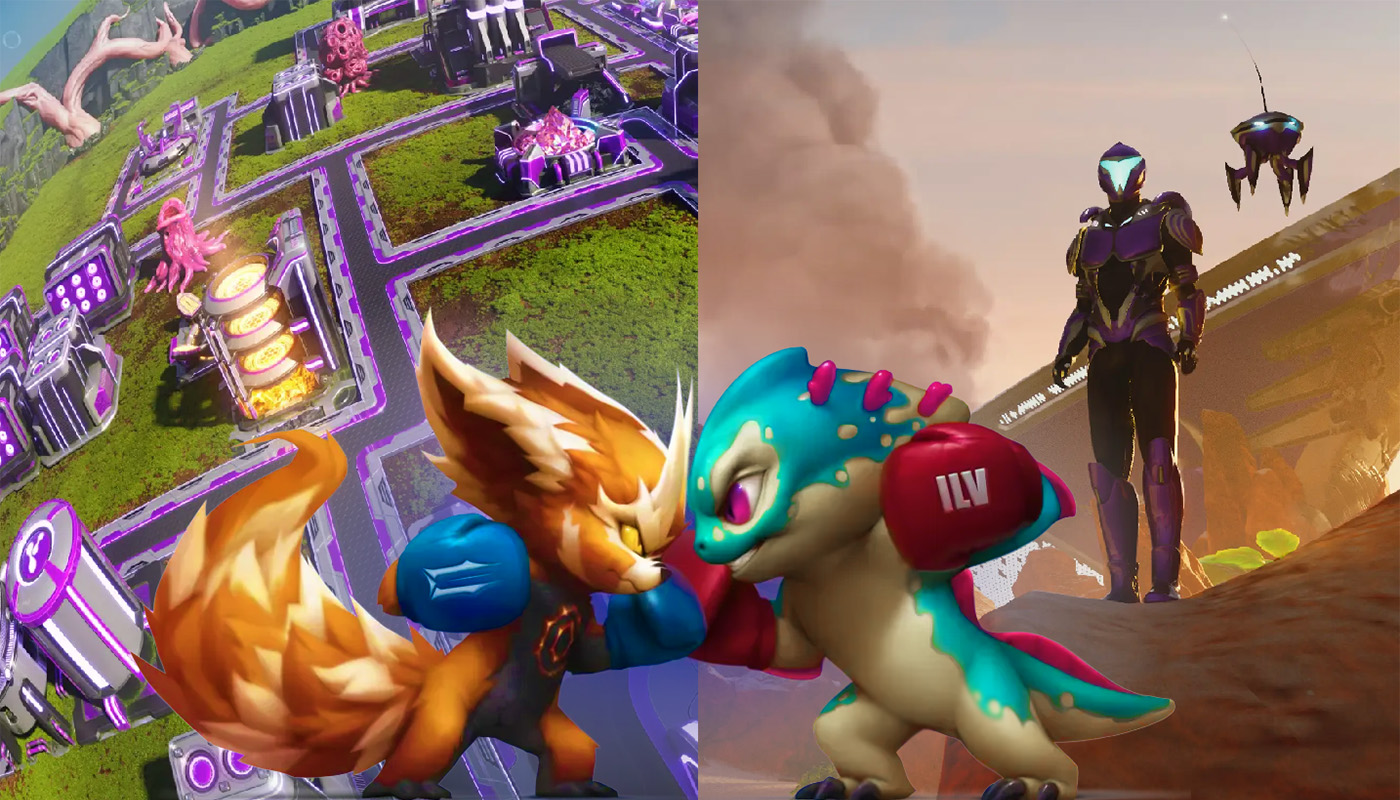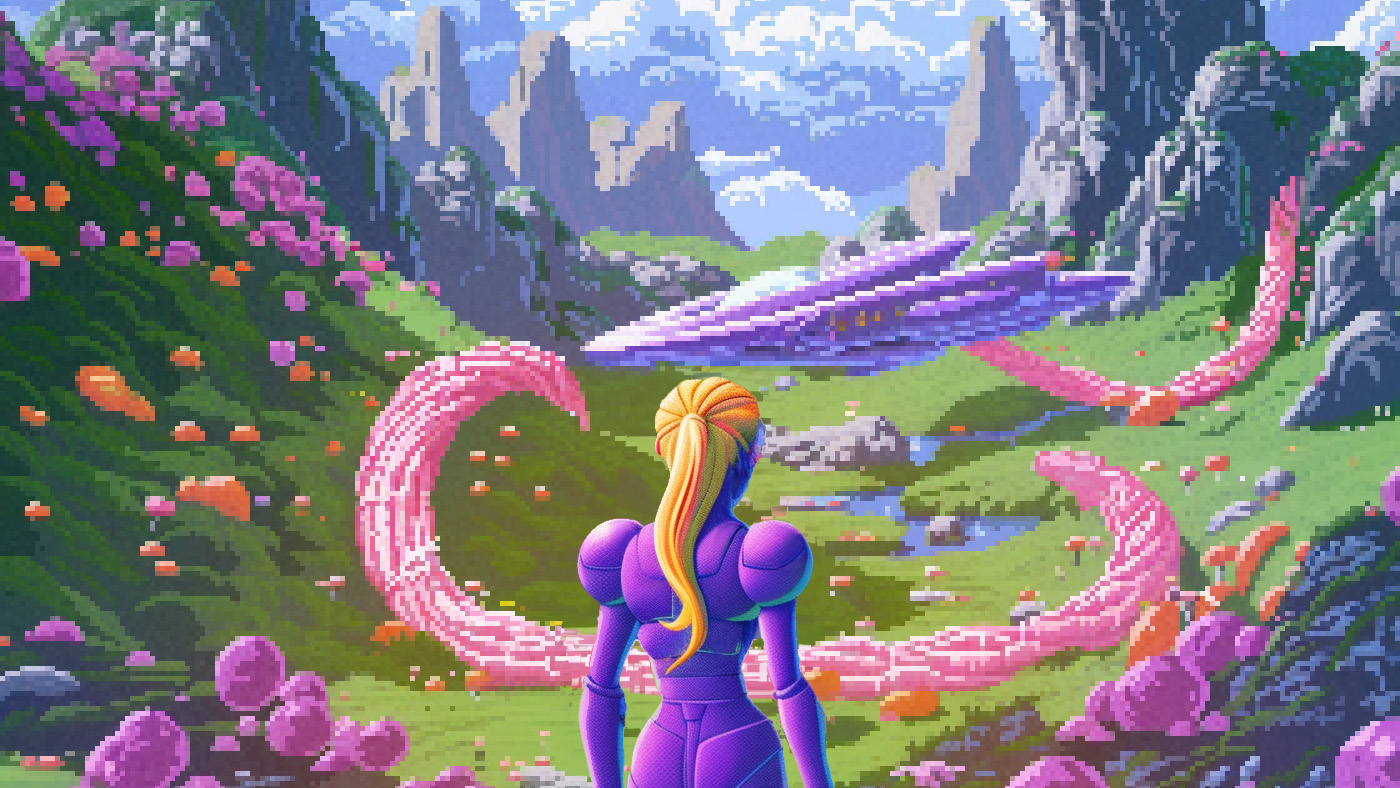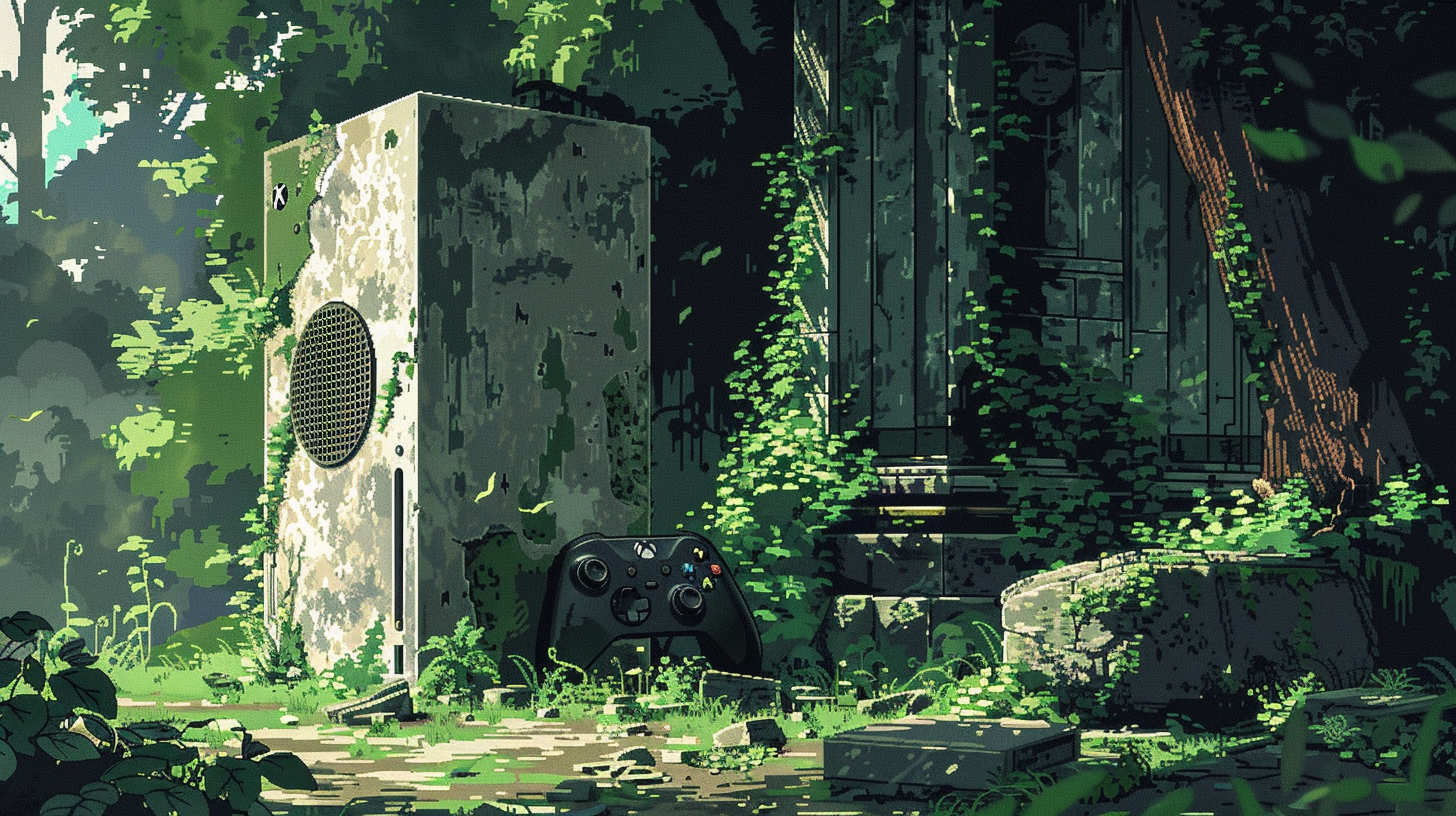When you are involved in blockchain stuff, it’s easy to spend a lot of time in the future.
This week we had a big reminder of the present, with the release of Nintendo’s “The Legend of Zelda: Tears of the Kingdom” on the Switch platform.
It sold more than 10m copies in three days.
Nintendo is a remarkable company, responsible for more successful gaming franchises than any other studio, including Zelda, Pokemon, Mario Bros, and Donkey Kong.
The company started out making playing cards more than a century ago, saw the potential of electronics in the 1960s, and has built and iterated hardware and software in the decades since.
The first Switch Zelda title, Breath of the Wild, is one of the best games I have ever played.
Acclaim for Tears of the Kingdom is almost universal.
“What Nintendo has been able to execute in this engine on this hardware is nothing short of a miracle,” wrote Paul Tassi in Forbes.
Tassi is referring here to the Switch’s age: it was released six years ago, and we are due for the next iteration. When I was talking to Polemos co-CEO Richard McLaren about Tears of the Kingdom, he noted that the most magnificent console games tend to come out at the end of the hardware life cycle, when studios have learned the most and squeezed every last drop of performance out.
Nintendo’s achievement is not lost on blockchain game developers.
Wildcard’s Paul Bettner, who I interviewed last week, was effusive on Twitter.
“Do you know how hard it is to create a hit game and IP? Now imagine the impossibility of building a company that can turn out hit after hit after hit, across multiple beloved franchises, taking huge risks leading new genres, inventing new platforms, pushing the entire industry forward… and doing that again and again, at an insanely high quality level, consistently, for *decades*.”
“Nintendo is the single greatest entertainment company in the world.”
Bettner knows what he is talking about: he developed Age Of Empires and Words With Friends, both massively successful and very different games.
The first important question for developers and analysts is not how Nintendo did it, but why Tears of the Kingdom is so good.
Commentators and fans are talking about the physics model and how the game allows players to combine objects in the world to solve problems in ways the developers may not have imagined. There is something uplifting about unfolding discovery. Bettner calls it “the masterful application of emergent gameplay”. He also points out that when this happens people want to share it.
“(Nintendo have) leaned SO hard into the creative problem solving aspects, EVERY adventure turns into a unique story about how YOU overcame the obstacle, solved the puzzle, beat the boss. And it’s so much fun to *share* those stories with others. It’s the same reason Minecraft is a forever game, why Elden Ring became a phenomenon. One of the greatest unique virtues of video games as a medium is *player agency*. It’s gaming at its absolute best.”
Here is the importance of shared experience, again. Have a listen to the podcast interview with the Bettners to see how they are exploring this with Wildcard. The blockchain developer who cracks it will win.
The revolution update
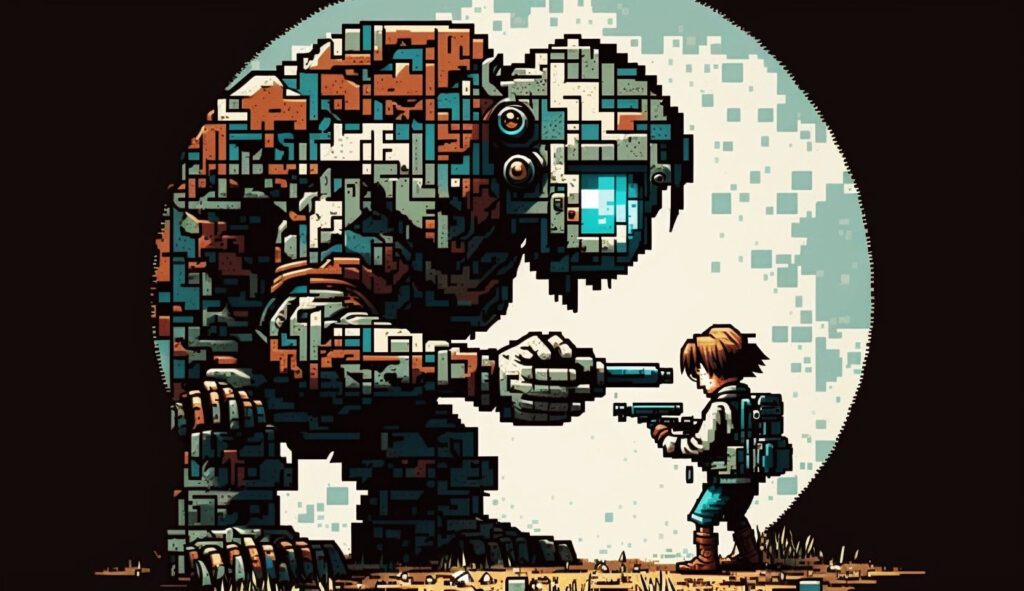
I expect every one of my newsletters from now on will contain something about AI. I make no apologies. There has been an explosion of news, including OpenAI’s GTP-4 getting access to the internet, Google releasing its music-creating AI, and the announcement of text generation right inside Google Docs. As anticipated, any profession or industry based on language is being upended – including education, law, and media – right now. While there have been small AI experiments with games and blockchain tech – see MechMinds – it hasn’t really hit gaming yet because of the long development cycles in the industry.
An experiment run by Stanford University (with Google) shows the way. Researchers created a virtual town populated with 25 non-player characters (NPCs) and had them interact with each other. They were remarkably civil and intelligible, apparently.
“Hey Klaus, mind if I join you for a cup of coffee?”
“Not at all, Abigail. How are you?”
Anyone who has used ChatGPT will know these NPCs would be equally at home discussing Wittgenstein or the NFL. We live in insane times, which nevertheless will seem tame by the terrifying standards of the future.
I have mentioned before that nobody knows exactly how large language models (LLMs) like GPT-4 work. Yes, GPT-4 was built by developers who wrote code and executed it. But how the machine actually makes the discriminations and pulls apart particular sentences and outputs others is a black box. This week we heard the news that OpenAI has started to work on deciphering the black box using another LLM to make sense of it all. In this case, GPT-4 is looking at the neural network of GPT-2.
Illuvium gets real
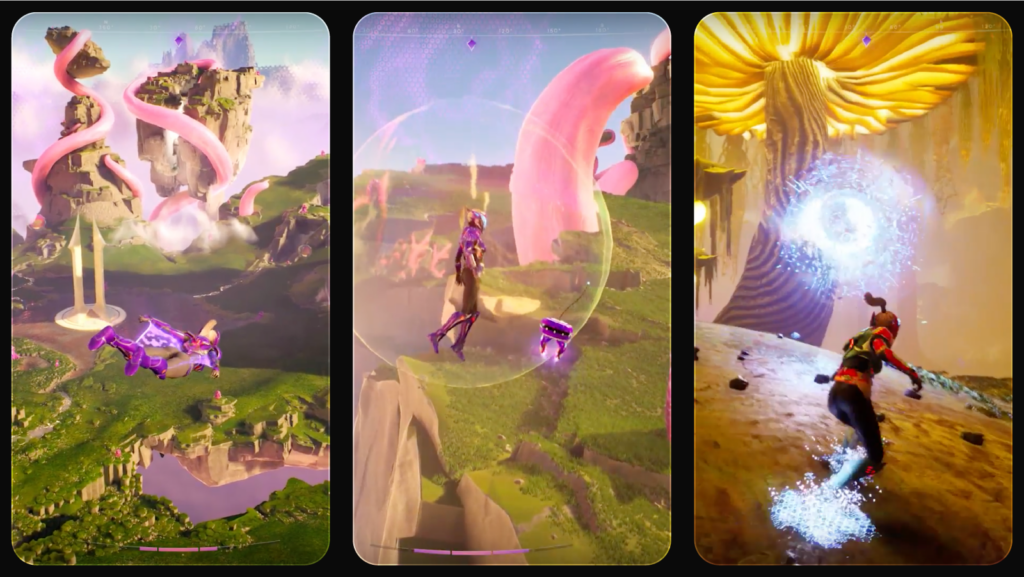
When Polemos began, it was fixated on Illuvium. The promise of the open-world, Pokemon-influenced arena fighting game with its AAA graphics was big. Then came the dark times. Illuvium did not come through with the games, and many were discouraged.
There’s light on the horizon. This week has seen the beta release of two big regions in the Overworld open world, and it is visually stunning. Have a first look here.
Next week we are finally going to get Season 1 of the city-building, resource gathering game Zero. We’ll be sure to cover that extensively.
Dookey Dash ends in a flying pet robot
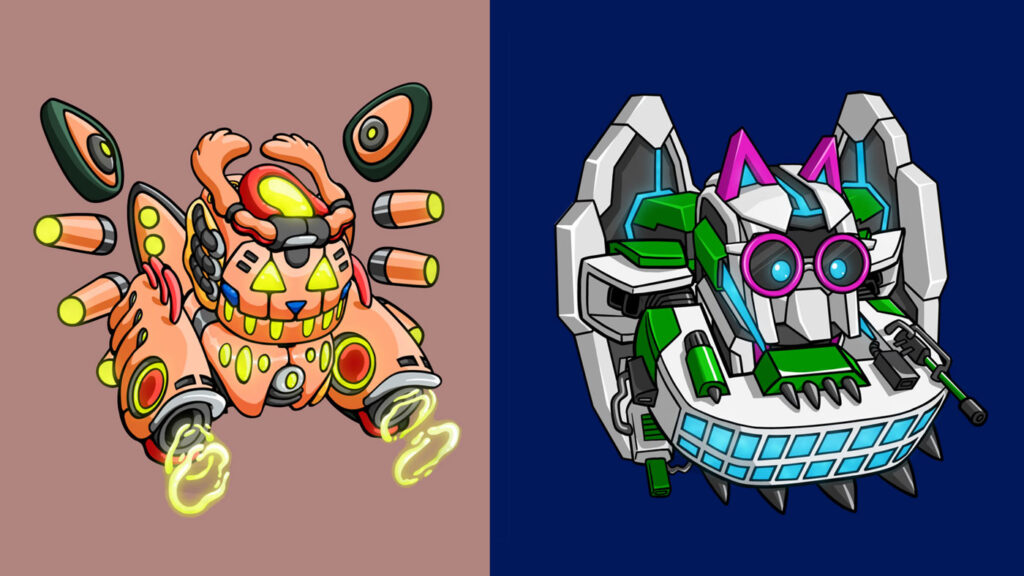
To complete the story I have been telling episodically in these newsletters, Dookey Dash players this week discovered the prize for hours of flying down sewer pipes: a flying pet robot NFT with no known function.
Dookey Dash was the mini-game released by Yuga Labs as part of the Bored Ape Yacht Club. Thousands of the faithful played the game, swearing it was good, in the hope of landing a good spot on the leaderboard. The winner, professional web2 gamer Kyle “Mongraal” Jackson, got a golden key he sold for 1000 ETH (well over $1.5m).
Players who rated highly this week transformed their prizes (NFTs called “power sources”) into robot companions with different attributes and rarity corresponding to their rank.
Some were unhappy. It’s all about make-believe, and who can do it the best. Read
This is a copy of the Polemos weekly newsletter, by Hal Crawford. To subscribe, sign up here.

